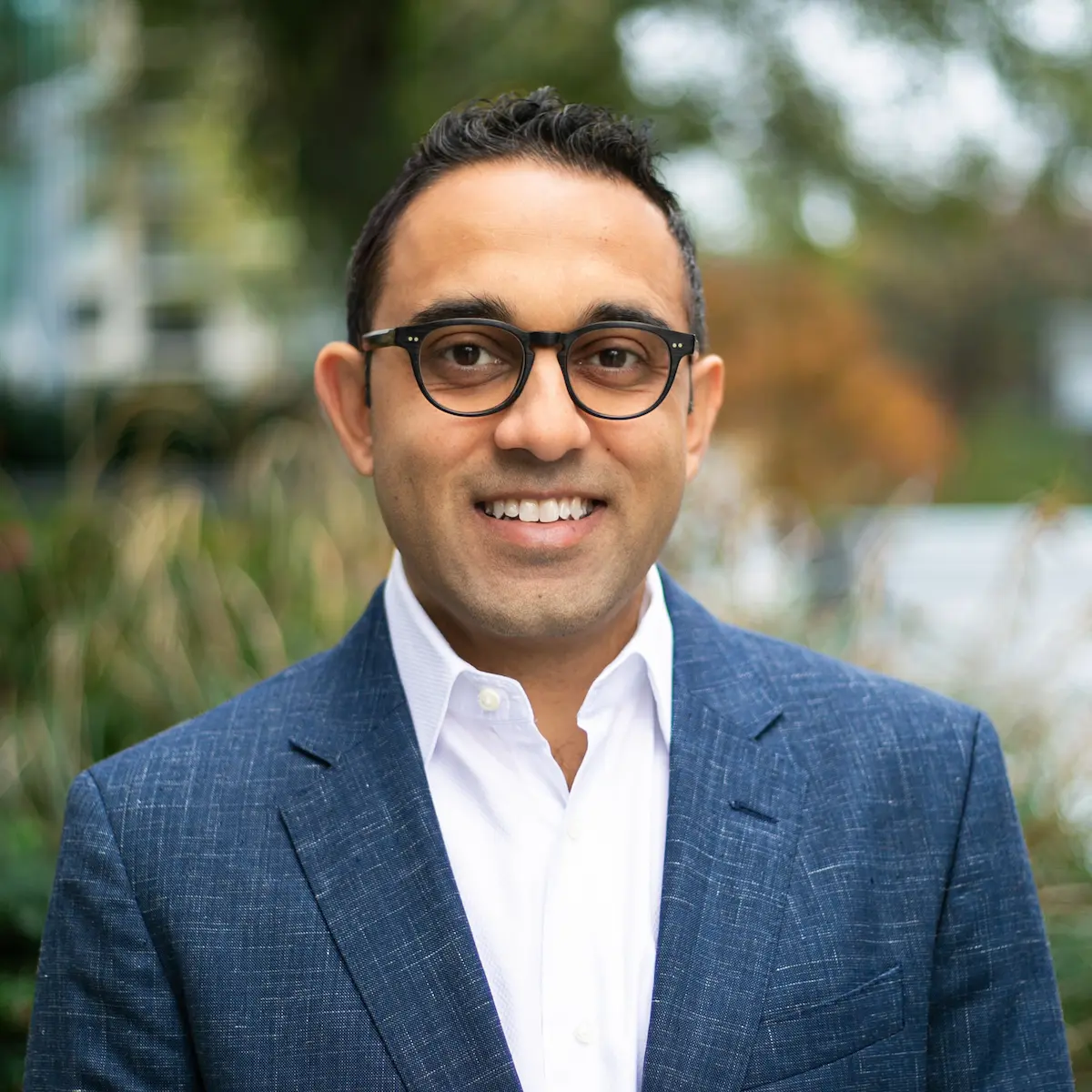Film Financing, Reimagined.
Tap into a financial partner that funds Hollywood and the entertainment industry globally. Peachtree finances productions between $5M and $50M, with experienced film producers and Academy Award and Emmy-nominated talent.
Middle-Market Inefficiencies,Solved.
Tap into the $177 billion TV and film financing industry.
Banks
Dedicated divisions focused on large studios and productions with budgets above $50 million.
Specialty
Peachtree Group focuses on productions between $5 and $50 million - budgets too small for banks.
Peachtree Opportunity
Individuals
Largest category but most difficult to access.
Financing options, made flexible.
$60+ million
in film production loans
Tax Credits
Loan collateralized by state tax incentives. These incentives come in the form of a credit or rebate. Lending occurs before a film starts production, during production, or after production has been completed.
Gap Loans
Gap financing is a form of mezzanine debt financing. Producers complete financing by securing a loan against unsold territories. Production. Lending occurs during production or after production has been completed.
Domestic Pre-Sales
Funding backed by a US distributor who pre-commits to a project before it’s made. Depending on who the distributor is(i.e Netflix, Disney, Fox, etc) lenders are more comfortable to lend against the minimum guarantee contracts vs new distributors that do not have the same record as established credible distributors.
Foreign Pre-Sales
Funding against preliminary international sales that the borrower has already made on their project. Pre-sales are made with distributors before film production. The sale amount is predicated on strength of the project's marketability and box office potential in each respective territory. This is typically based on a combination of cast, director, producer, and script.
Typical Borrower, Profiled.
- Domestic studio.
- Experienced film producers with final script.
- Secured Academy Award, Emmy-nominated or A-list talent.
- Productions typically range between $5 million and $50 million.
- Agreements with major domestic and international distributors.
- In-place pre-sale agreements, tax credits and production completion bonds.
Peachtree in the spotlight
Read up on the latest news, trends, and analysis from our experts on film financing.
















